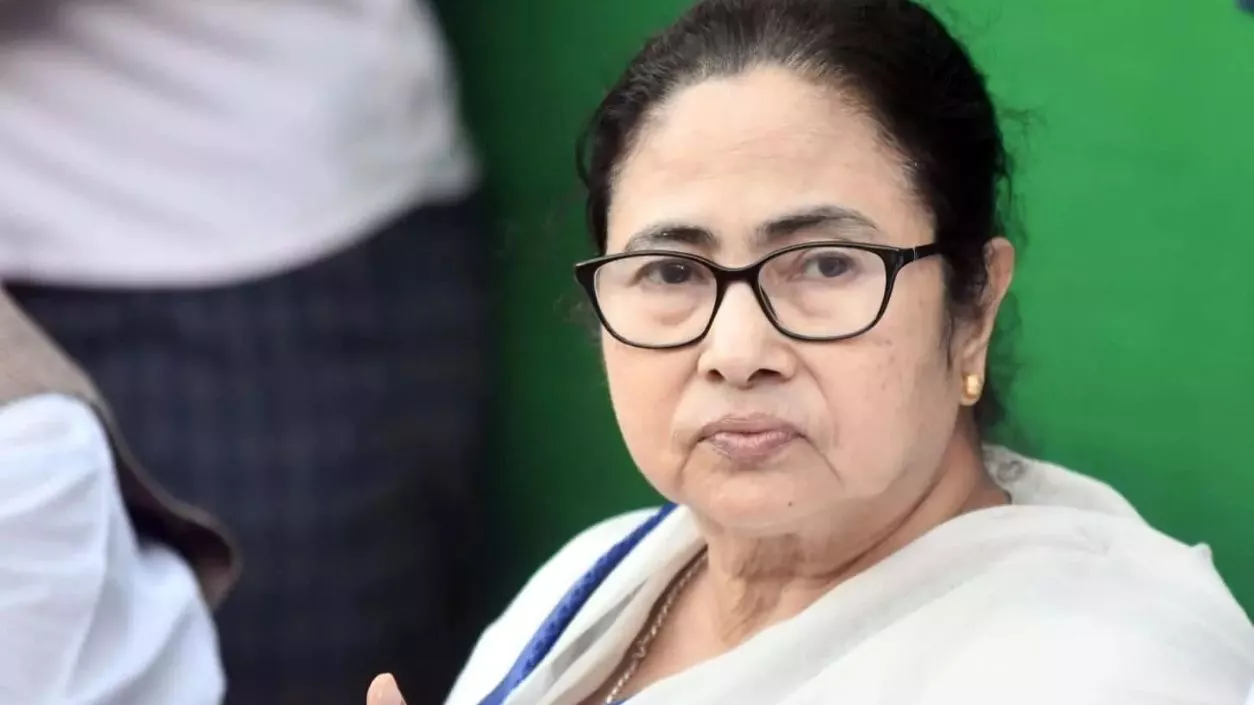.gif)
.gif)

West Bengal Chief Minister Mamata Banerjee has once again called for the Ganga Sagar Mela to be officially recognized as a national event by the central government. During her recent visit to oversee the preparations for the mela, Mamata reiterated her long-standing demand for national recognition. She compared the Ganga Sagar Mela to the Kumbh Mela, which receives national recognition and significant financial and logistical support from the central government, stating, “If the opportunity arises, I will ensure the Ganga Sagar Mela becomes a national fair.”
The Ganga Sagar Mela, held annually at the confluence of the Ganges River and the Bay of Bengal in West Bengal, is a major Hindu pilgrimage. Devotees gather in large numbers, especially during the Makar Sankranti festival, to take a holy dip in the river. In 2023, over 30 lakh pilgrims attended the mela. Mamata emphasized that while the Kumbh Mela attracts people primarily through road and rail, pilgrims to Ganga Sagar must cross water to reach the location, making the pilgrimage more challenging. This, she argues, enhances the importance of the mela, making it worthy of national status.
Mamata's demand for national recognition of the Ganga Sagar Mela has been consistent over the years. She has pointed out that the mela's cultural, religious, and historical significance merits the same recognition as the Kumbh Mela, which has been classified as a national event and receives substantial financial and infrastructural support from the central government. This support includes funds for infrastructure, security, sanitation, and other logistical needs, which help manage the large number of pilgrims.
Despite Mamata’s repeated calls, the Indian government has not granted the Ganga Sagar Mela national status. National recognition would likely provide financial support and infrastructure improvements from the central government. In the past, the central government has provided funding to improve the facilities at the mela, but the mela continues to be managed primarily by the state government. Without national status, the mela does not receive the same level of financial assistance or recognition as the Kumbh Mela, which has been held for centuries and is one of the largest religious gatherings in the world.